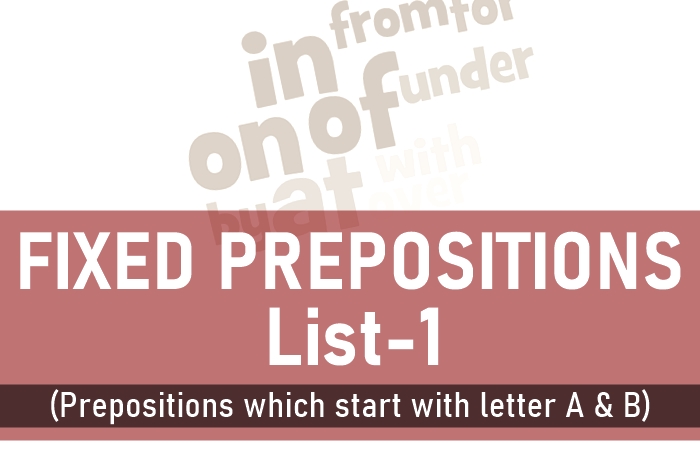Use of HAS HAD, HAVE HAD, HAD HAD & WILL HAVE HAD
Category: English || Published on : 2020-09-07 14:56:13 || Author : TILS EDUCATION 2143

English is a very vast language. Whether it comes to writing or speaking, it always has alternatives to replace one use from another. You will get many options for a single sentence and many ways to express your thoughts in English language.
In this article today we are going to discuss about a unique use of English, which is very simple and we all might have used it many times while speaking or writing but would never fuss-over it. We all have read about perfect tense or accomplished tense in English. We use Has, Have, Had and Will Have in perfect or accomplished tense. But very few of us have heard about Has Had, Have Had, Had Had, and Will Have Had. In seeing or listening it seems or sounds wrong as well, how two times in a sentence a helping verb can come especially together? So, we are going to learn this use of English. Let’s start learning: -
Use of HAS HAD/HAVE HAD
This use of English is not much different from our general usage of Present Perfect or Present Accomplished Tense. General present perfect tense shows the accomplishment of some work or gives the sense of having completed some work in present.
HAS HAD/HAVE HAD is used when we already have an experience of the completion of work. It expresses the sense of already having experience of that action or work. Let’s understand how it is used. We all know the sentence framing of Present Perfect Tense,
Subject + HAS/HAVE + MV3 + Object
And when we are showing expression of having experience then our sentence framing will be in such order –
Subject + Has HAD/ Have HAD + Noun/Object
In above equation, HAD comes as third form of verb and we all know that after Has/Have, third form of verb is used. Overall if see then it shows the possession of having experience over something or someone. Let’s see some examples: -
• She has had long hair many times, so she won’t have any difficulty.
• I have had many failures in my life that is why now it does not affect me much.
• They all have had experience of cooking for many people.
Use of HAD HAD
This use of English is not much different from our general usage of Past Perfect or Past Accomplished Tense. General past perfect tense shows the accomplishment of some work or gives the sense of having completed some work in past.
HAD HAD is used when we already had an experience of the completion of work. It expresses the sense of already having experience of that action or work in past. Let’s understand how it is used. We all know the sentence framing of Past Perfect Tense,
Subject + HAD + MV3 + Object
And when we are showing expression of having experience in past then our sentence framing will be in such order –
Subject + Had HAD + Noun/Object
In above equation, second HAD comes as third form of verb and we all know that after Had (first), third form of verb is used. Overall if see then it shows the possession of having experience over something or someone in past. Let’s see some examples: -
• She had had very bad conditions yet she had overcome.
• Anil had had profound knowledge of finance and mutual funds.
• He had had company of selfish and bad friends.
Use of WILL HAVE HAD
This use of English is not much different from our general usage of Future Perfect or Future Accomplished Tense. General Future perfect tense shows the accomplishment of some work or gives the sense of having completed some work in future.
Will Have HAD is used when we will already have an experience of the completion of work. It expresses the sense of already having experience of that action or work in future. Let’s understand how it is used. We all know the sentence framing of Future Perfect Tense,
Subject + WILL HAVE + MV3 + Object
And when we are showing expression of having experience then our sentence framing will be in such order –
Subject + Will Have HAD + Noun/Object
In above equation, HAD comes as third form of verb and we all know that after Will Have, third form of verb is used. Overall if see then it shows the possession of having experience over something or someone in future. Let’s see some examples: -
• When she will have had enormous patience then you will have had real success.
• When you will have had degree of Law then only you will value that.
• They will start to help needy people when they will have had enough resources to help.




